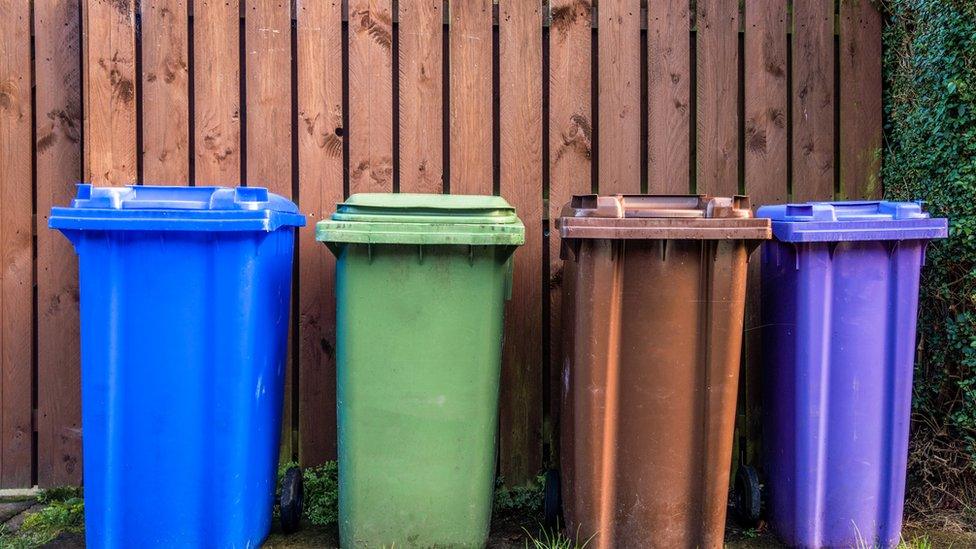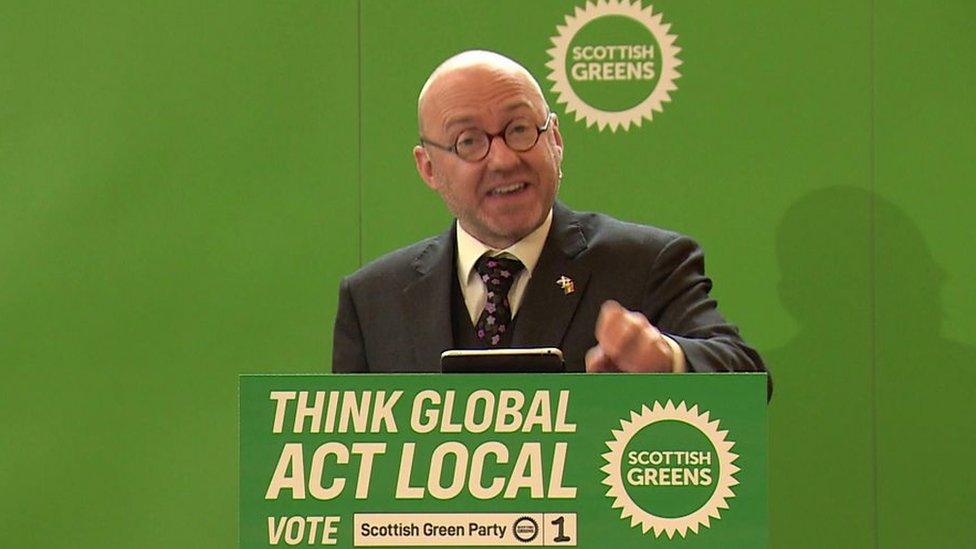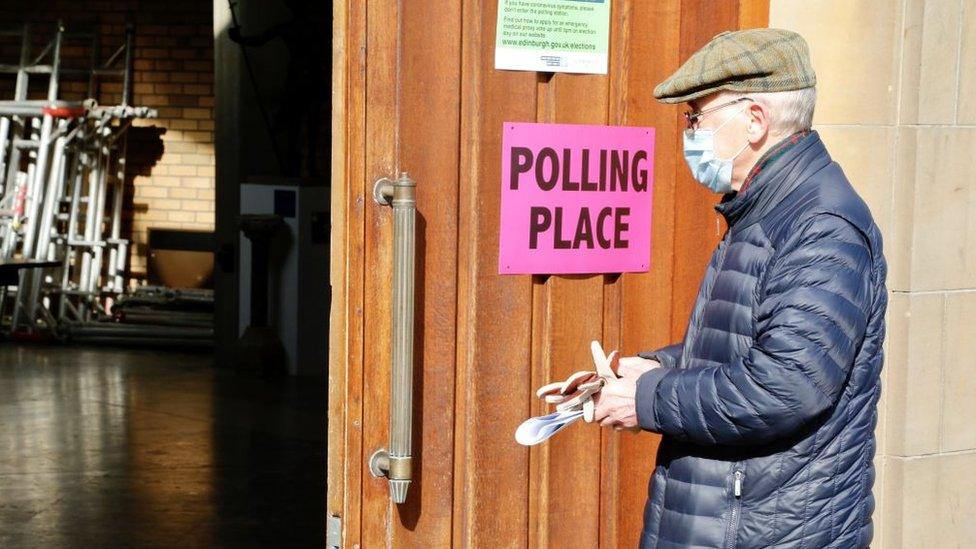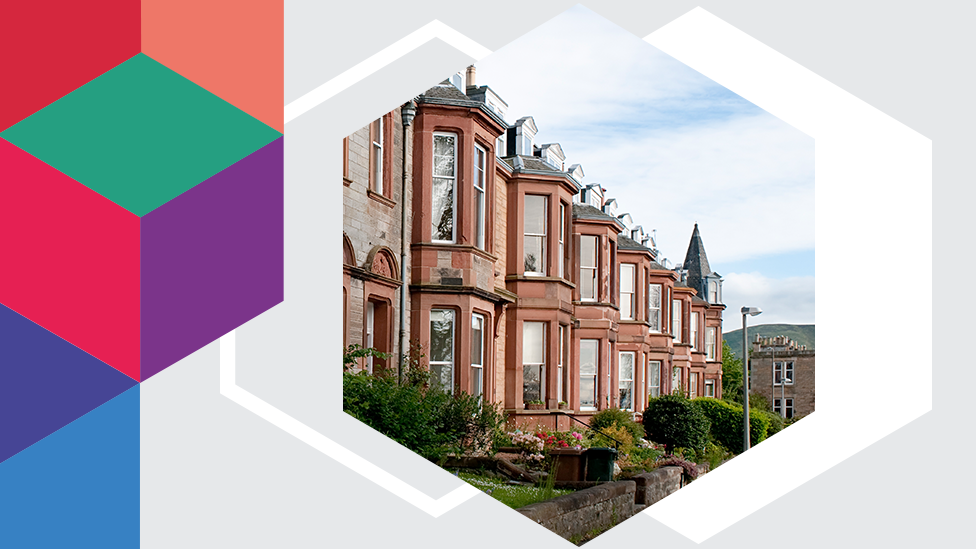Scottish Greens to campaign on climate and social justice
- Published
Co-leader of the Scottish Greens Patrick Harvie says his party will "fiercely defend local assets like parks, libraries, swimming pools"
The Scottish Green party is to focus on climate and social justice in its campaign for May's council elections.
The Greens joined the SNP in government at Holyrood in 2021 and is targeting similar deals at local authority level.
The party said its councillors would "consider the climate emergency in every local action and decision".
Manifesto pledges include increasing bus and ferry services, implementing rent controls and using planning powers to work towards net-zero targets.
Co-leader Lorna Slater said the Greens would bring similar priorities to councils as they have pushed for within the Scottish government, with a focus on bringing climate and social justice to planning decisions and local services.
Ms Slater said: "We are working for Scotland in government, tackling the climate emergency and the cost of living through things like free bus travel for young people and doubling the Scottish Child Payment.
"Now, with record investment in nature restoration, recycling and active travel, and the biggest teacher recruitment drive in 15 years, we need more councillors to deliver this work in our communities."
The Greens won 19 seats at the last set of local polls in 2017, but is standing 239 candidates across Scotland - the highest number it has ever put forward.

The Greens are promising sustainability and social justice will be at the heart of their policies
The party's manifesto said the solutions to global problems like climate change would have to be delivered at a local level.
Policies it proposes include:
Pushing councils to divest from fossil fuel firms;
Using planning and service provision powers to contribute to net-zero goals;
Put parent and pupil representatives on education committees;
Campaign for cheaper and more frequent bus and ferry services;
Implement rent controls and crack down on rogue landlords;
Give local residents more say in council budget decisions.
Ms Slater told BBC Scotland's The Nine that the Greens were happy to work with other parties in local government but she ruled out working with the Scottish Conservatives.
She said: "We want people to think global but act local because although the climate emergency is a global concern, many of the things that we need to do to tackle it are handled by local authorities."
Counting is being held the day after the ballots, on Friday 6 May, with results expected from the 32 dedicated count centres across the country by the end of the day.
There has been a sharp rise in the number of people registered for postal votes, with 22.5% of the total electorate signed up for them as of December 2021.
This represents a 38.3% increase on the previous year, with the National Records of Scotland saying the jump was "most likely driven by the Covid pandemic".
- Published12 April 2022

- Published28 March 2022

- Published4 May 2022
